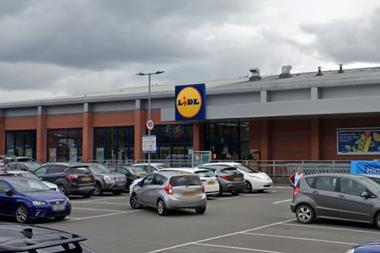Editor: Your recent article on shopping centres being “back in vogue” cites significant market activity.
ASK would certainly concur, having lent against a former Debenhams store in Staines with a residential redevelopment plan last year, and having recently provided two loans secured against shopping centres in the South East.
And, according to data published by The Times in April, of the 276 John Lewis, Marks & Spencer, Debenhams and House of Fraser stores closed during the pandemic, only one has been demolished, and 184 remain vacant with no confirmed plans.
Retail centres in prime locations, particularly in the South East where land values support redevelopment, have significant scope for reuse and we are starting to see creative thinking around their purpose.
Many characterful buildings deserve a second life, not a wrecking ball, and developers are recognising that embodied carbon is higher from ground-up developments than refurbishments. The University of Gloucester’s campus in the town’s former Debenhams, a hotel in Leicester’s former Fenwick and an art gallery in Bournemouth’s former Debenhams are great examples.
A sense of social return has provided the rationale for many projects and improving civic use, vitality and public realm. It is key to refresh the offering, with a good mix of tenants to attract footfall both during and out of hours. Adding a residential element such as student, BTR or private housing creates the diversity needed for a vibrant community.
Yet financing these projects is not always straightforward. Not all lenders have funding models that are flexible enough to offer value-add lending. It also requires strong relationships with borrowers and sponsors that have robust business plans to increase value.
However, in an inflationary environment, the risks of backing a construction project are greater, making properties that are ripe for refurbishment an attractive proposition. Where yields are tight, underwriting assets with a value-add proposition enables investors to seek higher returns and for the quality of the asset to increase during the loan term.
This is an opportunity for developers and lenders to contribute to the environmental improvement of our real estate and the vitality of our high streets.
Elliot Blatt, investment manager, ASK Partners





























No comments yet